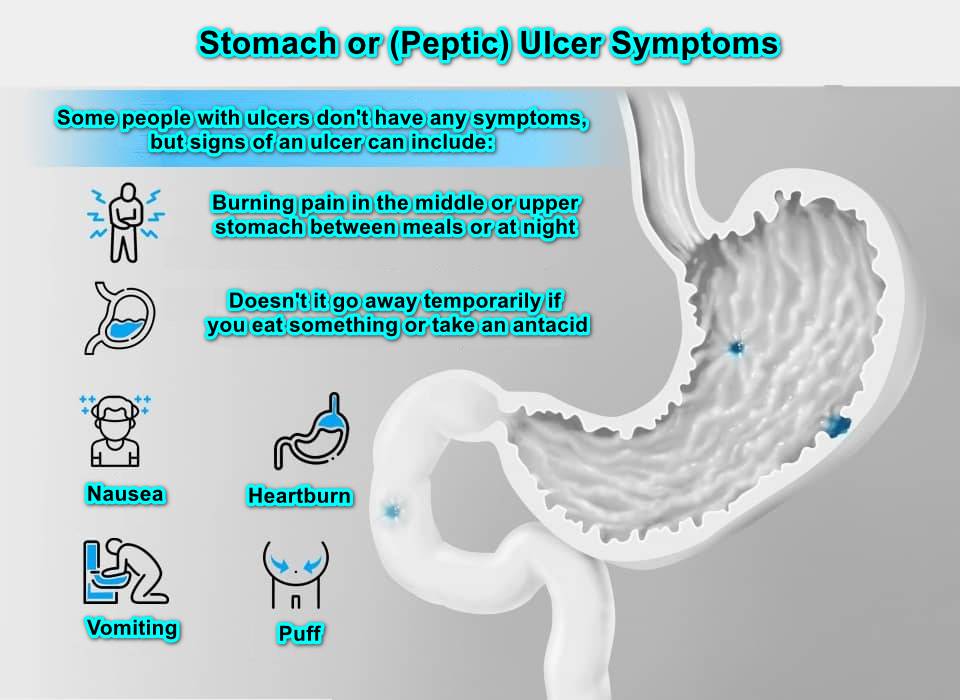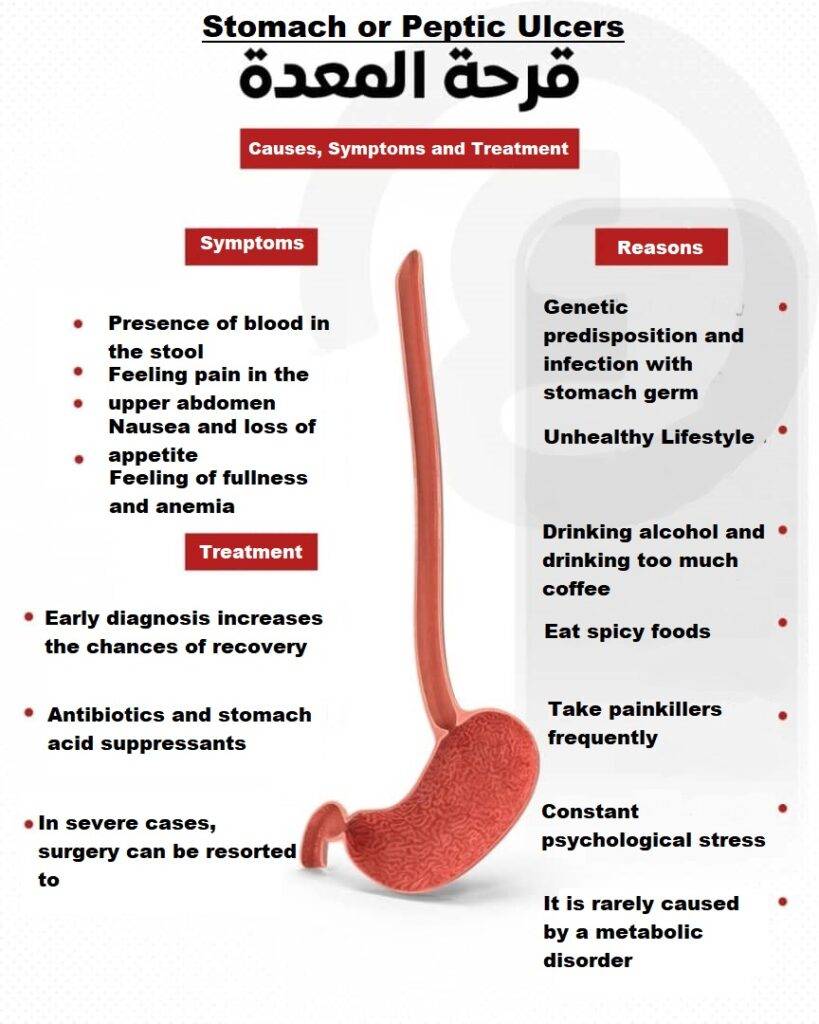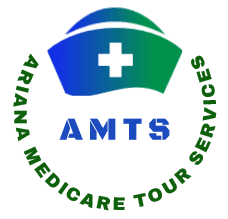If you are looking for a treatment for a peptic ulcer that you suffer from in Iran and the cities of Shiraz and Tehran, we welcome you, and we provide you with integrated services for the treatment of stomach ulcers (peptic ulcer) and provide the appropriate medicine for it. Whether you are looking for specialized medical treatment for a stomach ulcer (peptic ulcer) or prefer treatment in the comfort of your own home. Our qualified team provides medical consultations and personalized treatment appropriate to your condition.
Then contact us now and get ready to get high quality care.
Nowadays, taking a quick look at the medical centers, we realize that a large percentage of patients suffer from digestive problems, especially stomach ulcers (peptic ulcers), and they are looking for a solution to treat their disease. Stomach ulcers are open, painful sores in the stomach wall, caused by several different factors. One of the most common causes of gastrointestinal ulcers is H. pylori infection and long-term use of anti-inflammatory drugs such as ibuprofen.

Table of contents
- What are the symptoms of a stomach ulcer?
- How is a stomach ulcer treated?
- Medicines for stomach ulcers.
- Follow-up after initial treatment of gastric ulcer.
- Why do stomach ulcers sometimes not heal after taking medications?
- Home remedies for stomach ulcers.
What are the symptoms of a stomach ulcer?
How do we know that we suffer from stomach ulcers, which are the pains that we sometimes feel in the stomach due to stomach ulcers, or is there another reason? The following symptoms are among the most important symptoms that a person with stomach ulcers suffers from:
- stomach pain.
- Stomach fullness, bloating and belching.
- Intolerance to fatty foods.
- heartburn.
- Nausea
The most common symptom of a stomach ulcer is pain and burning, which intensify during hunger due to the production of stomach acid. This type of pain can often be relieved by eating certain foods that neutralize the effects of stomach acid or by taking antacids. In severe cases of stomach ulcers, the following symptoms may appear: - Vomiting with blood.
- Dark blood in the stool, black stools.
- Respiratory problems.
- weakness.
- Nausea or vomiting.
- Unreasonable weight loss.
- appetite changes

How is a stomach ulcer treated?
The treatment of stomach ulcers depends on the cause, and in the first step, the underlying factor such as Helicobacter infection is removed or the use of anti-inflammatory drugs is stopped, and in the next step, the drugs necessary for treatment are prescribed. Medications used to treat stomach ulcers include the following.
Medicines for stomach ulcers
The medications used to treat stomach ulcers depend on the underlying cause of the ulcer. For example, if a person has a stomach ulcer and the cause is diagnosed as overuse of painkillers, the doctor may change the type of painkillers the person uses and prescribe another medicine such as paracetamol. But if the diagnosis is that the cause of the stomach ulcer is Helicobacter pylori, a different treatment approach will be used. In such cases, the following drugs are usually prescribed:
- Antibiotics that prevent the growth and reproduction of Helicobacter.
- Proton pump inhibitors that suppress stomach acid production.
- H2 receptor antagonists that prevent excess acid production.
- Antacids or alginate are prescribed to reduce stomach acid production.
- Medicines such as bismuth subsalicylate, which protect the lining of the stomach.
- Peptic ulcer symptoms often subside quickly after treatment. However, you should continue to use the medicines until the end of the cycle and as ordered by the doctor.

Follow-up after initial treatment of gastric ulcer
Peptic ulcer treatment is successful in many cases and leads to ulcer healing. But if the severity of the symptoms is severe and the desired effects are not obtained from drug therapy, the doctor may perform an endoscopy for further evaluation of the digestive system. If cuts or injuries to the mucosa are noted at the initial endoscopy, another endoscopy may be performed after the treatment period to ensure wound healing.

